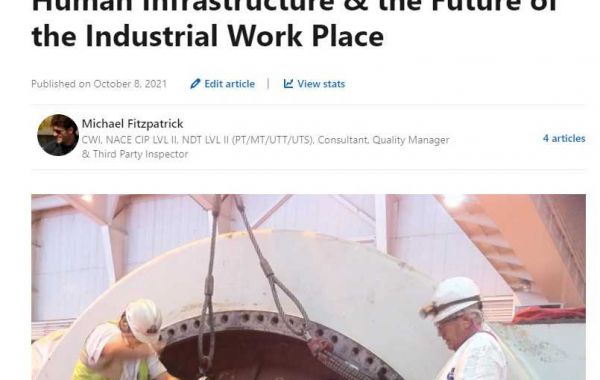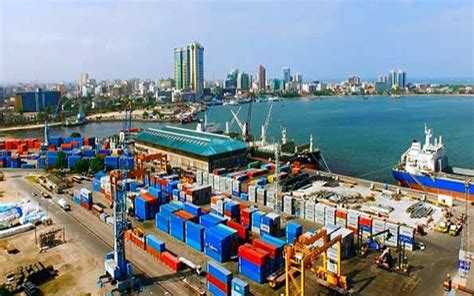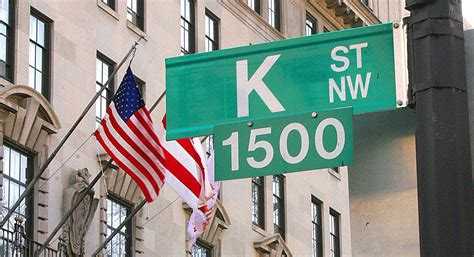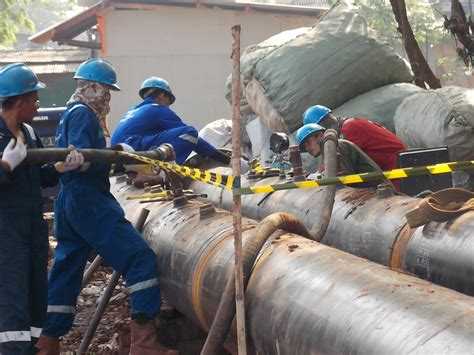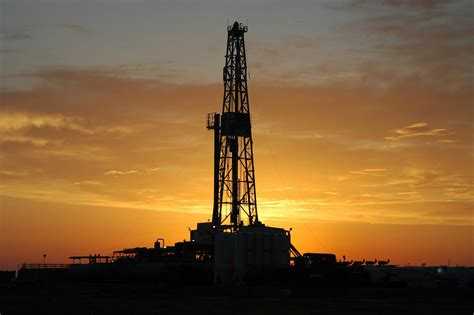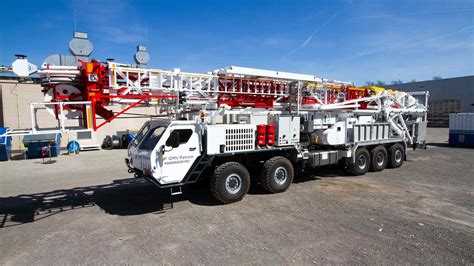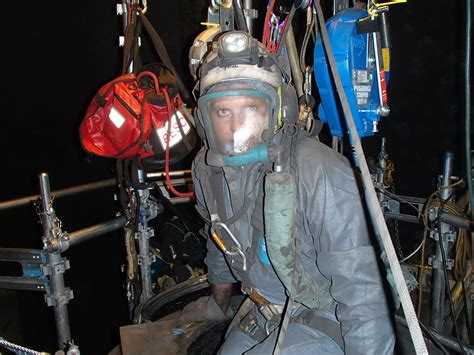Human Infrastructure the Future of
the Industrial Work Place
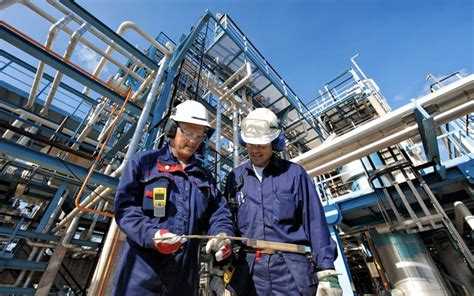
Photo Credit:Fossil Consultants
In 1994 Emmanuel Jimenez wrote an article regarding human infrastructure that highlights some of the issues we see in industry today. The acclaimed economist and risk management savant Nassim Nicholas Taleb wrote a little on the subject as well and in this article I'd like to highlight some points from these two brilliant men and point out some structural challenges to the current human infrastructure model within the industrial sector here in the United States.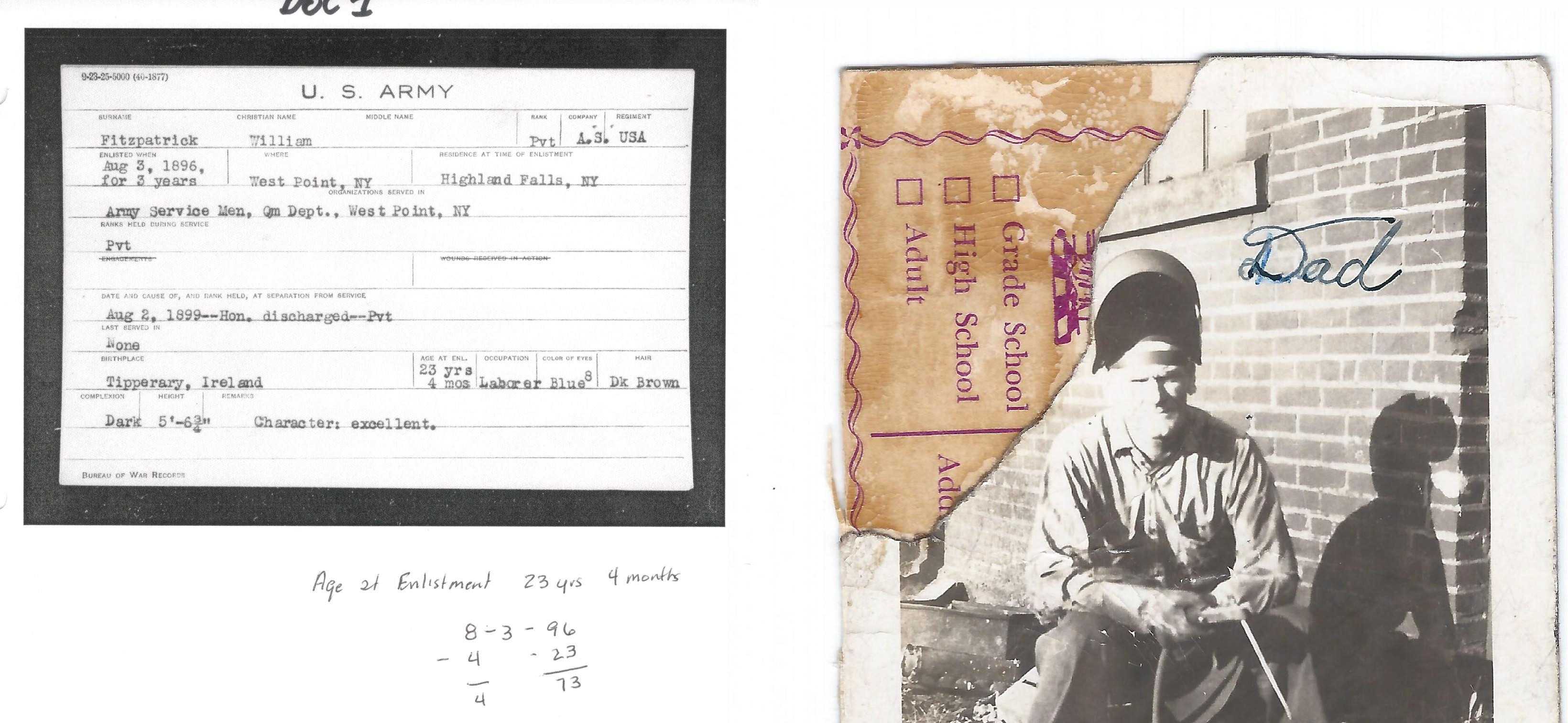
Above: William Fitzpatrick
First, a small anecdote. My family came here as many did, refugees from the old world. My family came from Tipperary, Cavan and Claire Ireland. Two brothers who were fed up with the taxation, harassments and landlessness that accompanied living in Ireland as Catholics took their skills and voted for the first time with their feet when they stepped onto a boat bound for NYC. When they arrived, they worked like hell and sent money home (sounds familiar doesn't it). It turns out that the money simply filled the coffers of the land lords and the local municipal tax authorities, so they gave family an ultimatum, "Get over here because this is the last check, America has opportunity and I will not subsidize the landlord lackeys in Ireland."
I give that anecdote because whether one realizes it or not, their particular situation may have some similarities. So what are we talking about? We are laying the landscape so to speak. Nassim Nicholas Taleb wrote in "how to Own a Slave":
Above: N. N. Taleb
People you find in employment love the regularity of the payroll, with the special envelop on their desk the last day of the month, and without which they would act as a baby deprived of mother’s milk. Then you realize that had Bob been an employee rather than what appeared to be cheaper, that contractor thing, then you wouldn’t be having so much trouble.But employees are expensive… You got to pay them even when you’ve got nothing to do for them. You lose your flexibility. Talent for talent, they cost a lot more. Lovers of paychecks are lazy … but they would never let you down at times like these.
So employees exist because they have significant skin in the game –and the risk is shared with them, enough risk for it to be a deterrent and a penalty for acts of undependability, such as failing to show up on time. You are buying dependability.
And dependability is a driver behind many transactions. People of some means have a country house, which is inefficient compared to hotels or rentals, because they want to make sure it is available if they decide they wanted to use it at a whim. There is an expression “never buy when you can rent the three “Fs”: what you Float, what you Fly, and what you …that something else”. Yet many people own boats, planes, and end up with that something else.
True, a contractor has downside, a financial penalty that can be built-into the contract, in addition to reputational costs. But consider that an employee will always have more risk. And conditional on someone being an employee such a person will be risk averse. By having been employees they signal a certain type of domestication."
So with the above, Taleb highlights for us one of the glaring, but not admitted structural issues people face when searching for work. One trades time and skill for fiat cash to pay debt for things they may not need and for those necessities like water, food, shelter and in America, "fun" (whatever that is).In the following excerpt Jimenez makes some assumptions, remember it was 1994:
Although the infrastructure sectors are diverse, what they have in common is that public policy has had a great deal to do with how these services are provided and financed in almost all countries. The author reviews the recent literature on two key aspects of that involvement: investment and pricing. While the quality of the econometric evidence varies, recent literature reinforces the view that human and physical infrastructure are critical for economic growth and the reduction of poverty. And the state is recognized as playing a key role in ensuring the efficient, equitable allocation of resources for infrastructure.
Ok Michael, my patience is waning, what the hell are you trying to say?
I'd like to compare and contrast these two authors because whether you know it or not, the represent the generational challenges and ideological challenges of the future. In fact regarding the industrial sector, this is one of the primary reasons industrial workers are earning so much, they refuse to be slaves and they do not buy into the notion that the employer or the State is their benefactor. This is an unusual concept for people abroad, it is unique to Western workers but it is not at all going away.
So why all of the sudden, are we experiencing shortages and labor disputes? Is it all related to "the pandemic" or is there something else going on? The narrative that "there just aren't enough workers" being played over and over by the media is known to be absolute bollocks to the industrial worker in the United States.
With operators, welders, fitters, electrical and mechanical labor being told to take a jab or be fired, it appears this "shortage of workers" is being structurally introduced. To my international readers let me interrupt here for a moment, and explain that here in America we are a divided nation, on the one hand we have people who want to be dependents in a neo-feudal system and on the other we have those that refuse. Labels are useless, that is what is going on. So workers in the industrial sphere are migrating to employers who will not mandate how they run their personal life, their conscience or demand loyalty. In the industrial sphere here in America, if you have the skills, equipment (e.g. a welding rig) and a truck, you are one of the most in demand and highly skilled independent workers in the world.
So what does that mean for large multinationals looking for cheap labor here in the USA? Well they lobby, they give politicians to push completely insane policies in the interest of driving down the wages of those skilled and independent workers I mention above, and the American industrial worker is not unaware. Its called replacement migration. The American industrial worker is not a xenophobe, as for people here, you know the truth. You would be welcome in any country, because you're a decent person, follow the laws, respect the culture, and come as part of a measured situation. You could live there a honorable life without impediment and get what you can get, and give what you can give. That is America and that is the freedom of the industrial worker here.As a business owner I often have international clients and of course the independent contractors who we contact, two often mutually exclusive parties who only come together when the Professional Engineer cannot waive inspection and the client demands inspection. These parties come into collision in phone calls and messages in the middle of the night, early morning and at all hours from every corner of the world. "This is a good rate!", " Rates are very competitive, sir", "Please will you take XXX USD." In all cases, seemingly unbeknownst to my clients, it is not my decision, it is the individual that decides, and that is a completely bizarre and unforeseen challenge to some of our international clients. That is the challenge and we meet it every day.The "palm face" of the industrial worker hearing your job offer.So lets speak about the current situation. We have much in play; 1. a backlog of industrial orders from the "pandemic" months 2. a current mechanical outage season 3. port facilities delaying shipment 4. some very talented and skilled workers who have not had consistent checks in over 6 months or more. 5. Generational world views that do not address the present
Before we address the above points one at a time I'm going to another point for a moment about the industrial worker. Who are these people? They run the spectrum and I will tell you without a doubt in the United States we are loosing the most productive, talented and skilled industrial managers and workers at a pace I have never seen in my career. The hubris of policy makers and lobbyists is that they believe these people are replaceable, I beg to differ and here is why. There are first, second and third order effects, what we are seeing is the beginning of a very frightening collapse and structural upheaval, which I'm afraid even the current leadership in the industrial sector is not ready for, it is a (pardon me N.N. Taleb) foreseeable event for the 2% who know and a Black Swan event for the majority.
Above: hydrotest of a pipeline
I'd like to give you dear reader an example of what I speak of. We have a candidate with impeccable credentials, worked overseas and managed multinational overseas operations, he now hot shots (contracted material expediting using a 2 ton truck). He has audited for major projects overseas and here in the United States, in any reasonable environment, this industrial worker would be a hot commodity, so why isn't he?
Forgive me but lets start with point #5 generational differences. Much of the generation in middle management within multinational companies, I'm sorry to say it, are out of touch with the realities of what is going on globally.
Above: Scene from the movie "Office Space"
An explanation from one of these middle managers or policy mangers might read something like this:
Information gaps remain, particularly in developing robust methodologies for: 1) making intersectoral comparisons across the wide range of infrastructure services; 2) crafting more diverse policies about the public-private balance in infrastructure investment, depending on the nature of"public goods" characteristics for various types of infrastructure services, or even across activities for the same service (for example, power transmission versus distribution); and 3) taking issues of political economy into account, such as the vested interests of those with large financial interests in infrastructure.
What I am getting at is that we have administrative wonks using what worked for over 50 years to solve the present, and it isn't working, it is in fact creating additional structural challenges. Quality isn't cheap, "Fast, Cheap, and Good… pick two. If it’s fast and cheap it won’t be good. If it’s cheap and good, it won’t be fast. If it’s fast and good, it won’t be cheap. Fast, cheap and good … pick two words to live by. " (Tom Waits)
Above: Tom Waits
Look, I'm sorry, you cannot pay people 1992 rates for 2021 work and you need to tell your clients. You are dealing with a workforce that understands George Carlin when he said,
"Just when these American citizens needed their rights the most, their government took them away, and rights aren’t rights if someone can take them away. They’re privileges. That’s all we’ve ever had in this country is a bill of temporary privileges. And if you read the news even badly, you know that every year, the list gets shorter and shorter and shorter. You see how silly that is? Yeah. Sooner or later, the people in this country are going to realize the government does not give a fuck about them. The government doesn’t care about you or your children or your rights or your welfare or your safety. It simply doesn’t give a fuck about you. It’s interested in its own power. That’s the only thing keeping it and expanding it wherever possible."
Above: George Carlin
These are realistic people, but don't mess with them, they've had enough. They have had enough of the soft language of the administrative parasites that feed off their skills, their labor and their freedom. So what do I tell my friends in "Human Resources", I tell them that they can't find the right workers because they are swimming in the kiddie pool, if you want sharks you don't look in the pool, you look in the Ocean where the sharks swim. These men and women in the industrial work force don't pull punches and they don't take prisoners. One of my favorite groups are the Navajo industrial workers when lead by one of their respected older managers, they will literally leave the job en masse at a critical juncture if the client tries act in a dishonorable manner. That's the American industrial worker and if you think these men and women are just a number, please get out there and speak with a foreman or a supervisor on a job site. That is right, you need to see things for yourself. Its the reason PMs and CMs are such high demand, companies need people in the field with experience and know how, real leadership not a remote worker dictating a job with an AutoCAD drawing on their screen.
Above: Hunting
Lets go to #4, and here is where the HR Professional smells blood, its the worker who from the resume / CV looks to have been out of work for 6 months. Well, I hate to tell you, but you are likely dead wrong. He or she has been guiding, hanging dry wall, butchering, framing, welding off the books, running cattle, off shore fishing, or on vacation more than likely and that rate you are about to propose, well you'll get the first "not worth a damn" worker that is hooked on child support, coke, meth and can write a resume. You won't be getting gentlemen like I spoke about before, who have seen more of the world than most politicians and built more than you can imagine.
Above: An oil rig.
Lets skip around a little, as you might have noticed, we industrial workers are a bit unpredictable to our advantage. #1 The backlog So now that I have laid out the case, where are you going to fill the labor to handle all this backlog? The truckers of course, and do you know where quite a few of them are coming from to fill those gaps. They are industrial workers, welder, fitters, riggers, operators and guess what, they will happily haul for $14,000 per week. It may sound too good to be true, but it’s actually the real deal as Sisu Energy confirmed recently. Who will be paying that premium, the very same people driving those trucks in the long run because the cost will be passed on to the consumer. What we are looking at is runaway inflation, but the industrial worker will not suffer, they are skilled in multiple trades, often thrifty (with the exception of beautiful and handsome partners and high priced alcohol) and they own the instruments of production.
Lets move onto #3, the ports. Now this may come as some surprise to many readers (sarcasm), but the owners of Ports are generally multinational corporations, private equity and sovereign wealth conglomerates. They can foresee trends decades ahead, so what are the chances that this thing just caught them by surprise? If you believe the narrative being promulgated by mainstream news sources, I have a beach house to sell you in Trinidad, Colorado. That is to say, it is highly unlikely that this "emergency" one views at Longbeach, CA or Chicago is not contrived, manipulated and engineered. We have been inundated with requests for expeditors, but when our contractors name their price, those requests vanish. A word to the wise, its not going to get better in the short term, labor will control what happens next and that means the Unions. I'm not in the leadership I'm not speculating, but I will make an educated guess . . . things are going to get more expensive and that includes the labor of the industrial worker.
Finally we are at #2, the current mechanical outage season. If you are an industrial worker, this is the time of the year when you make 40-60% of your yearly income and one would think that with the above circumstances, demand would be red hot. It isn't and what does that mean? Could it mean that multinational corporations, private equity and sovereign wealth conglomerates want it that way here in the United States? Could we be awaiting another two weeks before things heat up? I'm not going to speculate, but here is what I do know, if you are in the "administrative leadership" looking for labor, it might work to your advantage to ask some thoughtful follow up questions, to really ask your managers and your company leadership whether this model being force fed to you and your staff is working. Fighting over pennies in an industry where profit margins are already tight, isn't going to work long term. You can bring over all the H1B visa wage slaves with fake credentials and certificates you want, but you are going to pay for it in rework and the hassle of communication time and paperwork.
If you have gotten to the end here, congratulations, you are the HR, company manager and leader we need in America, thoughtful, humble and willing to hear from the trenches.
So what is the proposition? What is the solution? Is there a solution? Each of you will make a decision and I guarantee the American industrial worker is doing the same. Has the EPC market changed the labor market? Yes, it has and the labor market will continue to change. Are these "pandemic emergency" measures going to impact you this turnaround season? YES
As a PM are you going to face logistical challenges and budgetary issues that might call have you called out by your company management? YES
Make no mistake, the challenges we face in our industry are great, communicating those challenges in a way that our clients understand and can see whether its the value you bring or the figure you present is another thing all together. Good luck out there.
